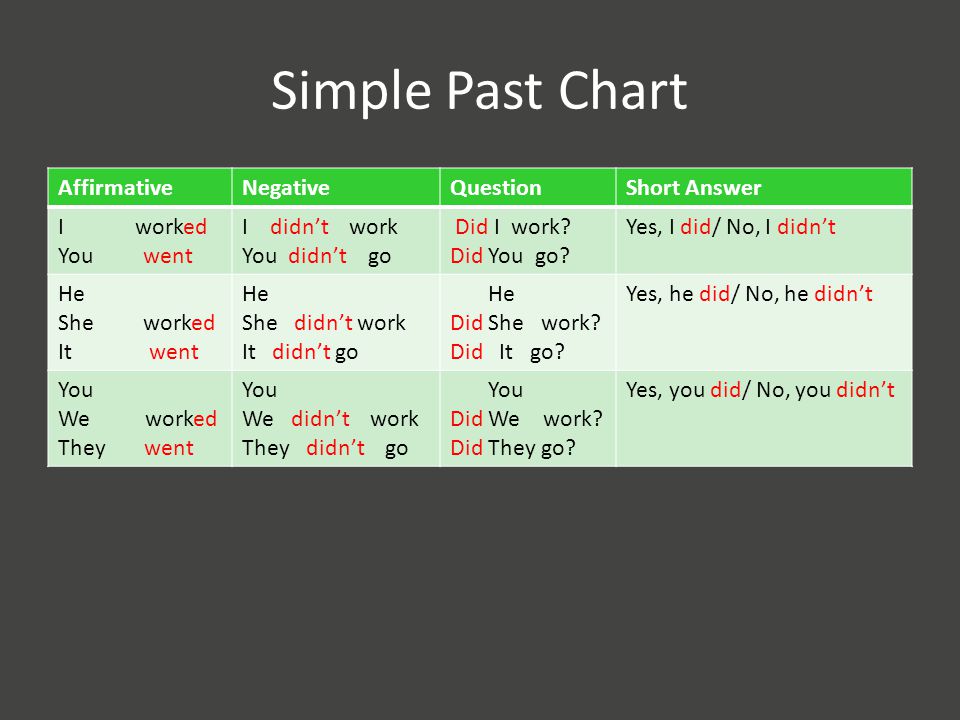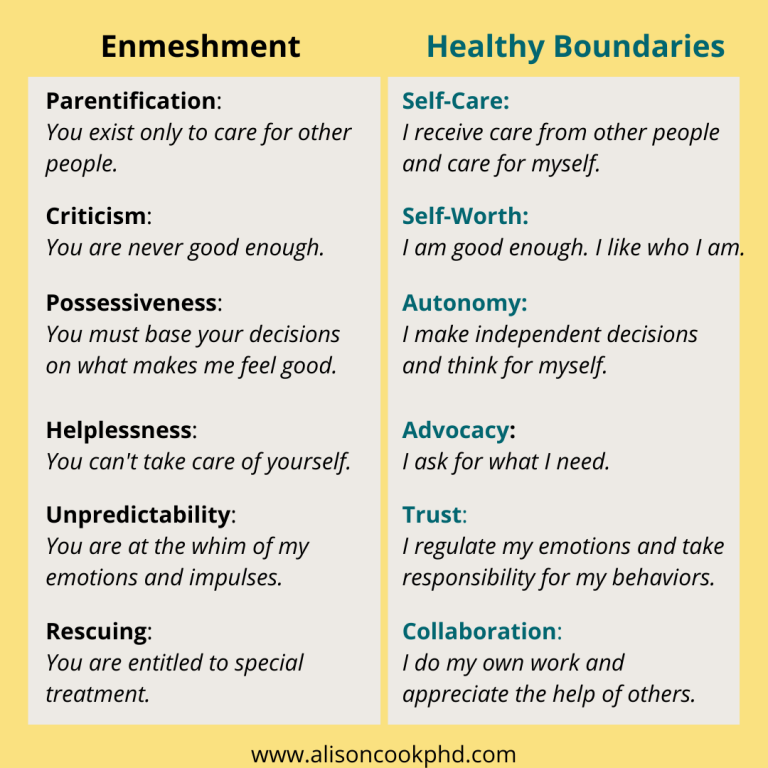How to deal with overwhelm
How to Deal with Feeling Overwhelmed: 9 Tips
Wondering how to deal with feeling overwhelmed? These coping tips can help.
If you find yourself asking “How do I stop feeling overwhelmed?” then trust that you’re not alone.
According to a 2020 survey of over 3,000 U.S. residents, conducted by the American Psychological Association, 60% of participants reported feeling overwhelmed by the number of issues that America is currently facing.
Stress doesn’t discriminate. It impacts everyone, regardless of age, gender, race, or location. And it can stem from many personal and systemic factors, some of which we’ll outline below.
So, here’s a friendly reminder: Though it’s not always easy, it is possible to learn skills for coping with overwhelm. Learning the potential root causes and coping tips may help you manage your stress a bit easier, no matter what’s causing it.
There are so many causes of stress and overwhelm, some of which include:
- work responsibilities
- relationship stressors
- traumatic experiences
- financial worries
- political issues
- environmental warnings
- health concerns
- living in a global pandemic
Emotional regulation can be extra challenging for highly sensitive people and folks living with mental health conditions, like:
- attention deficit hyperactivity disorder (ADHD)
- post-traumatic stress disorder (PTSD)
- anxiety disorders
- autism
- mood disorders
Each person has different stress level thresholds, and no one handles stress the same way. What overwhelms one person may not bother the next.
But there are certain coping strategies that everyone can try to reduce the amount of overwhelm experienced on a daily basis and in each stressful moment.
Here’s what to do when feeling overwhelmed.
A first important step to overcoming being overwhelmed is to figure out the root cause. The next time you have an overwhelming thought, ask yourself: What’s causing you to feel stressed right now?
Once you locate the source, you’re that much closer to problem solving and feeling better.
Ignoring or denying your overwhelm likely isn’t going to help. It’ll just bubble under the surface until you have no choice but to see and deal with it.
Instead, acknowledge the fact that you feel overwhelmed, and acknowledge any negative thoughts. And try not to judge yourself for what you’re feeling. This nonjudgmental acceptance might help reduce any feelings of shame or guilt associated with your stress, too.
When you have a million things going on, it can be challenging to focus on the here and now. But the present moment is all we truly have.
But the present moment is all we truly have.
Tuning into it through mindfulness practices can help to reduce your anxiety over the past and the future.
Some ways to practice mindfulness include:
- meditation
- single-tasking, aka the opposite of multitasking
- movement, like yoga or dance
- mindfulness apps, like Calm or Headspace
A 2017 study among university students suggests that deep breathing can help reduce stress and improve mood.
And a 2019 study (with a limited sample size) indicates that diaphragmatic breathing can offer physiological and psychological stress relief, too.
When you feel yourself getting easily overwhelmed, try taking a deep breath and focusing on each inhale and exhale that follows until you feel more at ease.
If self-led breathing exercises like this don’t come naturally to you, that’s OK. You can listen to guided meditations as well.
It’s easy to focus on all things out of our control. And doing so has the potential to increase our anxiety.
And doing so has the potential to increase our anxiety.
But what about the things that we do have control over?
The next time you worry about something that’s out of your hands, attempt to redirect your attention to something within your power. This may be easier said than done, but the practice of letting go of the uncontrollable can be worthwhile.
We live in a society that doesn’t exactly prioritize rest or self-care. Most of us work a full day, get home, eat dinner, shower, do chores, and get ready for bed. Then we repeat that process the next day and the next, until we get a slice of relaxation on the weekend (that is, if we’re not busy playing catch-up from the week before).
Intentionally setting time aside to take breaks can reduce the amount of stress you feel from being “on” all the time. Even a 15-minute stretch break during the workday, a 1-minute mindfulness break, or a trip to your favorite spot to watch the sunset can help.
Are you doing enough of what you love? Or are you just grinding through each day trying to cross off all the tasks on your to-do list before the day ends?
Make it a point to set the time aside to bring joy into your life.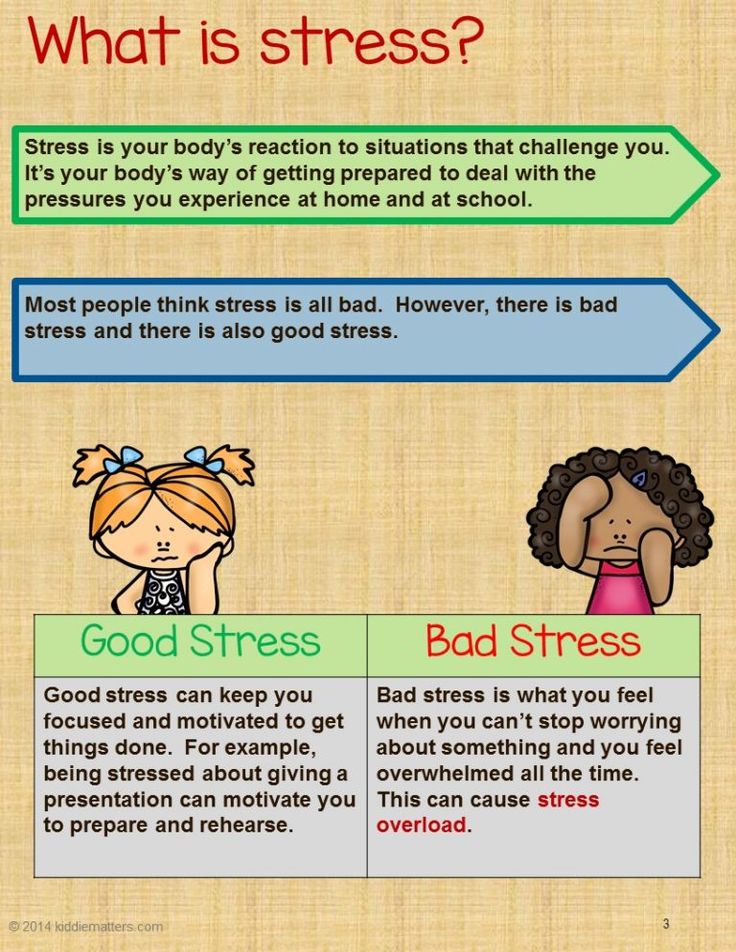 What brings you pleasure? You might consider:
What brings you pleasure? You might consider:
- listening to music
- going for a walk
- cooking dinner
- watching the sunset
- spending time with loved ones
If you’re feeling overwhelmed, and if it’s safe to reach out for physical contact, ask a friend, partner, or family member for a hug. A 2017 study study suggests that touch can reduce stress and promote overall well-being as a result.
A 2016 study in Brazil indicated that massage and reiki can also help lower stress and anxiety. So if a loved one isn’t within reach, receiving physical touch through these (or other) options can work, too.
If you’ve tried many coping mechanisms for feeling overwhelmed, and you still need help, consider speaking with a mental health professional.
Therapy can help you identify the root cause of what’s causing your overwhelm and offer personalized coping strategies that will work best for you.
Stress affects all of us differently. Sometimes it comes from personal sources, like relationships or work, and other times it stems from systemic factors, like politics or social justice.
But knowing how to stop feeling overwhelmed and ways to reduce anxiety when those feelings pop up can help to reduce your stress levels. Next time, try any of these coping strategies:
- figuring out the root cause
- focusing on your breath with deep breathing exercises
- practicing mindfulness or meditation
- speaking with a mental health professional
Most of all, it helps to remember that overwhelm happens to everyone. These feelings are temporary, and they’re going to pass. These tips can help you feel better sooner than later.
How to Take Care of Yourself When You’re Feeling Overwhelmed
How to Take Care of Yourself When You’re Feeling Overwhelmed - Mental Health First Aid Skip to main menu Skip to contentGet news and updates about mental health, addictions and the Mental Health First Aid community delivered to your inbox monthly.
First Name
Last Name
* Email A valid email address is required
Are you trained in Mental Health First Aid?
Yes No
Please check the CAPTCHA box.
By Mental Health First Aid USA on March 17, 2021
Let’s get real: there are times in life when you’re going to feel overwhelmed. Whether it be with work, school, social obligations or just life in general, we all feel overwhelmed, anxious, or stressed at some point. It’s important to give yourself grace when you have these feelings. Try not to brush them off or push through whatever is causing you to feel anxious – your mental health matters and if you’re feeling the squeeze, understand that you can take a step back.
We understand that recent events along with the COVID-19 pandemic have made things complicated, and it can be difficult to juggle all of your responsibilities at the same time. When you’re starting to feel overwhelmed, remember that you can always revisit your self-care plan. Self-care plans are personal, which can be just the thing for when things feel like too much. Try some of these tips when you’re feeling overwhelmed:
Try some of these tips when you’re feeling overwhelmed:
- Take a deep breath and step away. If you’re feeling overwhelmed or anxious, a quick way to begin to alleviate those feelings is by doing breathing exercises. If the thing that’s overwhelming you is in front of you, try taking a step away from it to create some separation between you and whatever is making you feel this way. Deep breathing exercises are a great way to promote relaxation and lower your stress response. Need some breathing exercise guidance? We’ve got you covered.
- Create a “no” list. Protecting your time and space can help give you a sense of control over your schedule. If you don’t want to do something or have been dreading that virtual happy hour, don’t feel like you have to go. Replace the activities you don’t want to do with something that you’ll enjoy. Healthy boundaries are crucial for your wellbeing!
- Be kind to yourself. Remember that feeling overwhelmed is OK, especially now.
 It also helps to remember that feeling overwhelmed doesn’t have to last. Give yourself some grace – if you don’t get to that chore or have to ask for an extension at work, you can. Your mental health should be a top priority.
It also helps to remember that feeling overwhelmed doesn’t have to last. Give yourself some grace – if you don’t get to that chore or have to ask for an extension at work, you can. Your mental health should be a top priority. - Ask for help from a loved one. Your social support network is there for you to lean on if you need to vent or talk things through. Reach out to a friend for a virtual chat or pick up the phone and call a family member.
- Write it out. Writing down why you feel overwhelmed or anxious is another great way to help alleviate those feelings. It helps to do this unstructured – having a written stream of consciousness allows you to express yourself freely and getting those thoughts out of your head will be a relief.
If you need more inspiration, take a look at this extensive list from Upworthy containing 101 things to try if you’re feeling overwhelmed. Remember that the feelings you’re having are temporary and with the right coping mechanisms and support, you can take care of yourself when things feel overwhelming.
Mental Health First Aid (MHFA) can also help – here are some blogs to read if you or a loved one is feeling anxious or stressed and needs some support:
- How to Help Someone With Anxiety
- 4 Self-care Tips for How to Deal with Anxiety
- How to Create Your Own Self-Care Plan
- Five Ways to Support a Loved One with Anxiety or Depression
Resources:
Kelly, M. (2021, February 11). 10 easy breathing exercises for anxiety. Verywell Health. https://www.verywellhealth.com/breathing-exercises-for-anxiety-5088091.
MHFA. (2020). Mental Health First Aid USA for Adults Assisting Adults. Washington, DC: National Council for Mental Wellbeing.
Wright, A. (2016, June 20). 101 ways to take care of yourself when the world feels overwhelming. Upworthy. https://www.upworthy.com/101-self-care-suggestions-for-when-it-all-feels-like-too-much.
Get the latest MHFA blogs, news and updates delivered directly to your inbox so you never miss a post.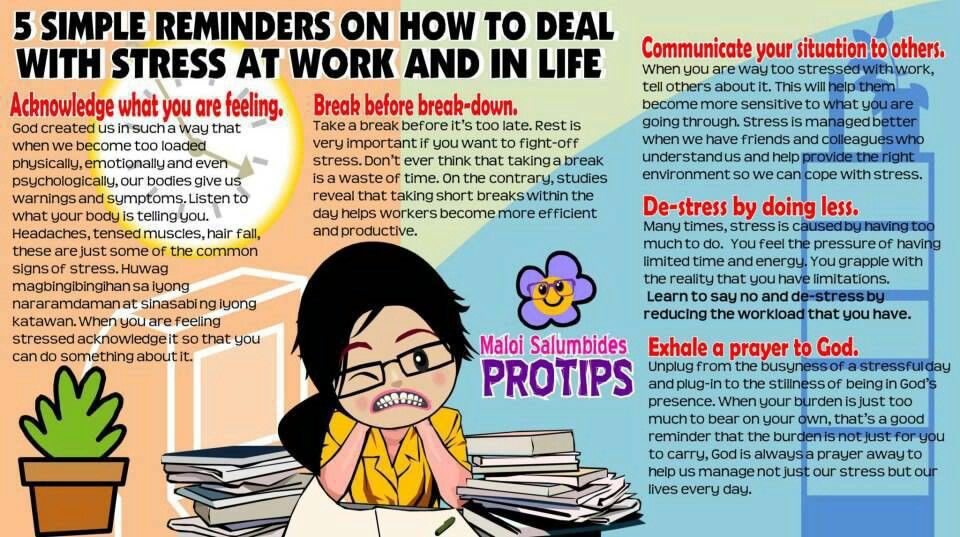
Bringing Yourself Back to Life: How to Deal with Overwork
Advertisement
© Shutterstock
Author Varya Borodina
April 05, 2019
We all get tired, sleep deprived and lazy sometimes. But how to distinguish ordinary fatigue from a painful condition that can negatively affect all areas of our lives? Pink decided to figure out what asthenia is, why it occurs and how to deal with it.
Asthenia in ancient Greek means "impotence". In this morbid condition, fatigue, sleep deprivation, distraction, and other symptoms may be mild but prolonged. In other words, asthenia is a background condition that has a significant impact on the quality of life. There are many reasons why it may occur. The first large group of prerequisites is chronic and progressive diseases: infectious, neurological, endocrine and others, as well as disorders in the immune and digestive systems. The second is more acute conditions, often of a mental nature: severe stress, neurosis, depressive episodes, as well as the postpartum period. Often the symptoms of asthenia are mistaken for banal fatigue and do not attach importance to them. But there are several important factors that will help distinguish one from the other.
Often the symptoms of asthenia are mistaken for banal fatigue and do not attach importance to them. But there are several important factors that will help distinguish one from the other.
Normal fatigue most often has a specific cause - physical or mental overexertion. And a good rest (for example, a long sleep) and folk stimulants like coffee or an invigorating shower help to cope with it. The cause of fatigue is a simple lack of energy resources, and replenishing them can solve the problem. Asthenia, on the other hand, occurs due to a violation in the regulation of the use of these resources at the level of brain centers. The usual relaxed day off is unlikely to help cope with it.
Symptoms of asthenia may be a general decrease in performance, when it takes much more time and effort to perform the usual activities; nervous exhaustion with mood swings, increased irritability and burnout symptoms; a constant headache of moderate intensity, any prolonged sleep disturbances, and even reduced libido - all this, especially together, can be a sign of a more serious condition than simple fatigue.
© Zohre Nemati/Unsplash
In addition to a noticeable decrease in working capacity and a deterioration in the general physical condition, asthenia carries with it a great psychological burden. You can start blaming yourself for your lack of willpower, drink gallons of coffee, read performance improvement articles, and burrow deeper into your own impotence. Sincere friendly advice from others can only aggravate an already decadent mood. Recommendations like "Go in for sports!" or "Just pull yourself together" in the case of asthenia do not work. The root of the problem is in the disruption of the work of specific parts of the brain, so a systematic integrated approach can solve it.
First, to establish a general routine - add physical activity and walks to the daily routine, try to get up and go to bed at the same time. The main thing is not to overwork and increase the intensity of the loads gradually. Secondly, adjust your diet. A proper diet is one of the key elements in the fight against overwork. It is enough to adhere to the basic principles of a healthy diet: diversify the menu as much as possible, add more vegetables and fruits rich in vitamins and minerals (ideally, vegetables should take half the plate at each meal), eat often and in small portions, do not abuse coffee and sugar. With asthenia, you should not go to extremes - go on strict diets or eat fatigue with a lot of sweets. But it is quite possible to treat yourself to a piece of chocolate or a glass of good wine.
It is enough to adhere to the basic principles of a healthy diet: diversify the menu as much as possible, add more vegetables and fruits rich in vitamins and minerals (ideally, vegetables should take half the plate at each meal), eat often and in small portions, do not abuse coffee and sugar. With asthenia, you should not go to extremes - go on strict diets or eat fatigue with a lot of sweets. But it is quite possible to treat yourself to a piece of chocolate or a glass of good wine.
Finally, the third important element of recovery is drugs that regulate brain activity. For a long time, nootropics that improve brain metabolism, as well as herbal tonics (ginseng, eleutherococcus, and others) were most often found in standard recommendations. However, both have too general an effect and can only serve as a concomitant tool for the treatment of asthenia. Enerion® is a drug that has a directed action against the symptoms of functional asthenia (1), such as overwork, accompanied by increased fatigue, decreased performance and weakness. It contains the substance sulbutiamine, which is a derivative of vitamin B1 and selectively acts on areas of the brain responsible for maintaining normal levels of activity (2). It is important to remember that asthenia is a pathological condition that does not have to be dealt with alone. You can consult with a therapist and choose the most comfortable recovery program, including physical activity, a healthy diet, and taking vitamins and medications. With a competent approach to business, overwork will definitely recede and you will be able to live a full life again.
It contains the substance sulbutiamine, which is a derivative of vitamin B1 and selectively acts on areas of the brain responsible for maintaining normal levels of activity (2). It is important to remember that asthenia is a pathological condition that does not have to be dealt with alone. You can consult with a therapist and choose the most comfortable recovery program, including physical activity, a healthy diet, and taking vitamins and medications. With a competent approach to business, overwork will definitely recede and you will be able to live a full life again.
- P. V. Morozov. New in the treatment of asthenia. Psychiatry and pharmacotherapy them. P. B. Gannushkina. 2005; 03:154–159.
- See Enerion prescribing information.
10 tips to deal with overwork - HEROINE
Overwork brings a feeling of tiredness and loss of energy. It becomes difficult to carry out daily activities, concentrate on tasks and force yourself to complete them. In addition, it may be accompanied by headache, apathy or mood swings. In this article, we have collected tips that will help you cope with overwork and regain your energy.
In addition, it may be accompanied by headache, apathy or mood swings. In this article, we have collected tips that will help you cope with overwork and regain your energy.
1. Drink plenty of water
Dehydration exhausts the body and reduces performance. It can cause fatigue and overwork, even if we do not perform active activities and are not subjected to stress.
It also reduces concentration. Therefore, it is important not to forget to drink water, especially when you feel very tired. And how to drink more water every day, you can learn from this material.
2. Go for a walk to the music
Even a short walk combines two beneficial factors: physical activity and fresh air. Moreover, it helps to calm down and relax.
To achieve the best effect in the fight against overwork, complement your walk with your favorite music. A 2011 study published in the journal Nature Neuroscience found that listening to uplifting music for 15 minutes can make you feel more energized.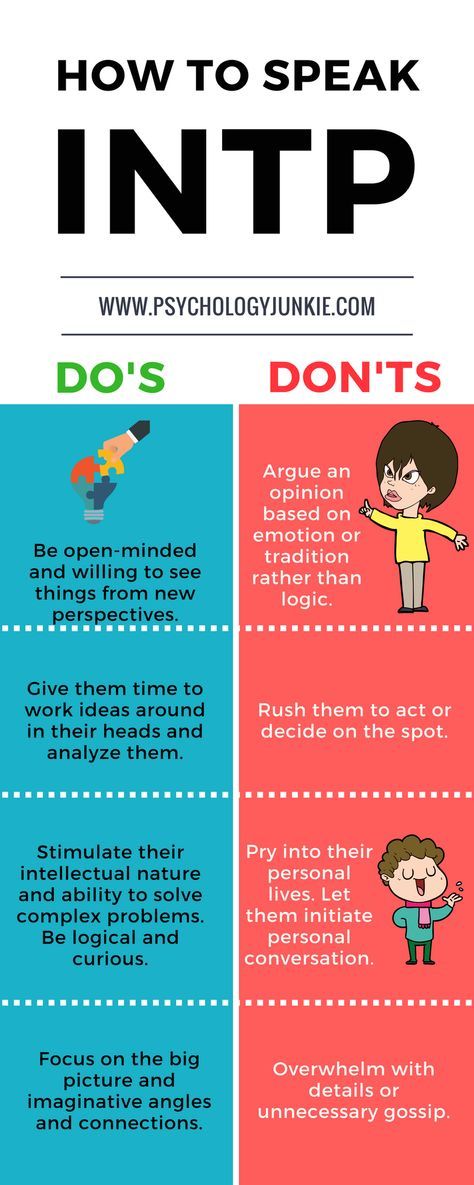 This effect occurs because when listening to pleasant compositions, the brain releases dopamine, serotonin and oxytocin - hormones of happiness that improve well-being.
This effect occurs because when listening to pleasant compositions, the brain releases dopamine, serotonin and oxytocin - hormones of happiness that improve well-being.
3. Be alone
When we are overworked, communication can only increase our fatigue. Therefore, it is important to find time to be alone with yourself. This will help restore strength, relax or cope with stress.
4. Practice yoga
Yoga is good for relaxation and stress reduction. In addition, calm workouts without active movements can be done even when you feel very tired.
Survey by Josephine Est from Sweden in 2019year, showed that practicing yoga for six months significantly increased energy and improved well-being.
Interestingly, the participants in the experiment were people aged 65-85 years who were not previously familiar with such training. From this we can conclude that yoga is never too late.
5. Establish a sleep schedule
Lack of sleep, especially chronic, is a common cause of overwork. It deprives us of energy and brings a headache, absent-mindedness.
It deprives us of energy and brings a headache, absent-mindedness.
To cope with overwork, it is important to establish a sleep pattern. Try to wake up and fall asleep at the same time. And also spend as much time in bed as you need to feel rested.
6. Reduce stress at work
Very often, overwork overtakes us at work. Especially when we are loaded with a lot of cases and deadlines.
To cope with unpleasant feelings, it is important to organize and plan your day. Make a daily to-do list. Try to allocate morning hours for solving complex problems, and leave simple ones for the evening. Also in the morning and in the afternoon it is better to hold meetings and meetings.
7. Let the sunlight into the room
When the room is dark, we feel more sleepy. This is because without light, the brain produces more melatonin, the sleep hormone. In addition, the lack of sunlight can worsen our mood and aggravate the feeling of fatigue.
Open curtains and blinds indoors, use bright lights when working in the evening.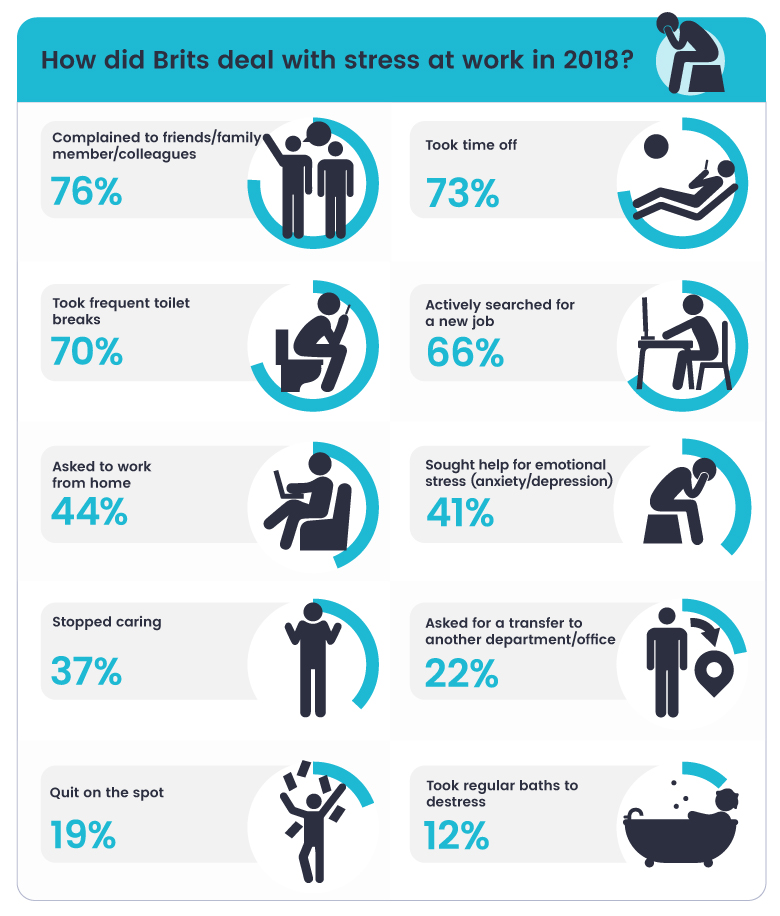 And to cheer up during the day, take a walk at lunchtime.
And to cheer up during the day, take a walk at lunchtime.
8. Quit smoking and alcohol
Cigarettes and alcohol make you feel overtired. Tobacco contains many toxins that lead to poor blood oxygenation. This causes a feeling of fatigue and exhaustion.
It is also worth giving up alcohol before bed. Although it causes some drowsiness that helps you fall asleep, in the morning you will feel tired and depressed.
9. Improve your diet
The foods we eat can help us get the energy we need. But sometimes food has the opposite effect.
Try to avoid fatty and fast food, as well as sugary snacks in the morning. It is better to choose foods rich in fiber, such as oatmeal, vegetables and fruits. It is also important to include foods containing protein and omega-3s in your diet.
And you should not skip breakfast and other meals - we talked about why this is harmful in this material.
10. Find time for entertainment
Hobbies and other pleasant activities help to distract from difficult tasks and increase energy levels.


